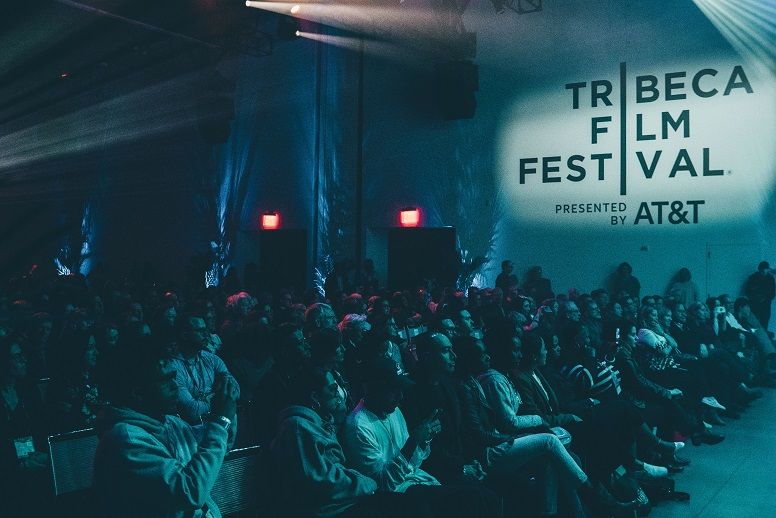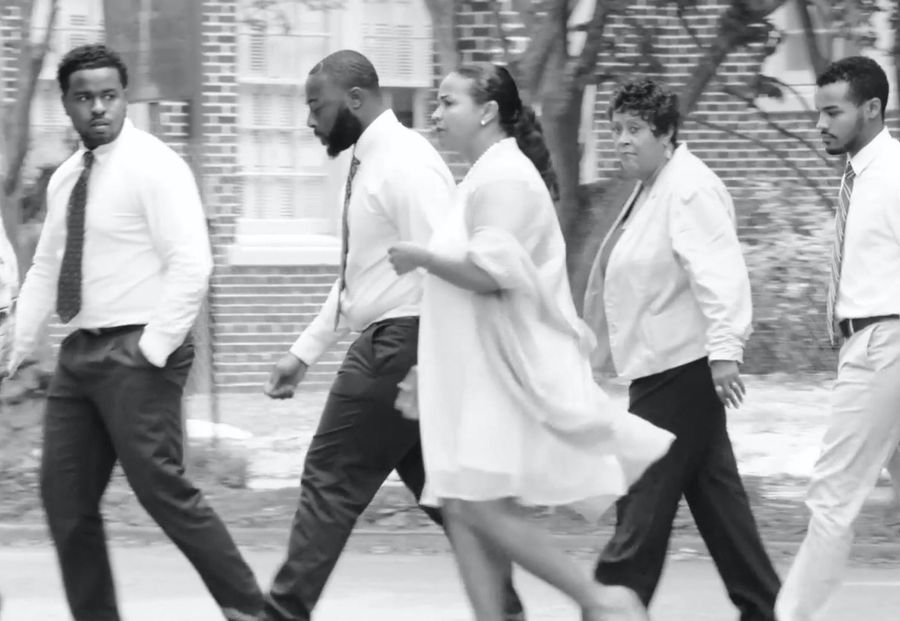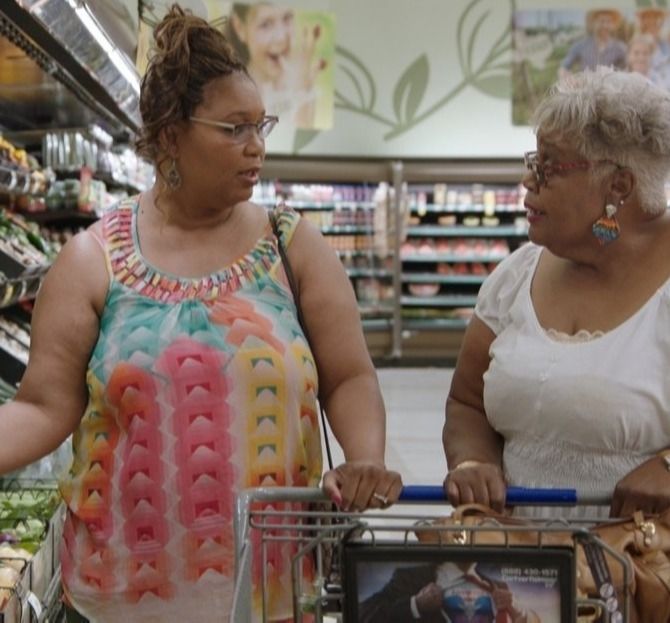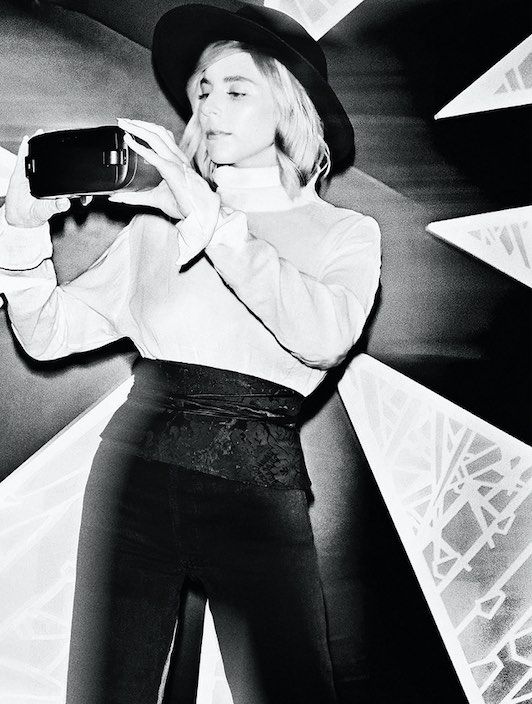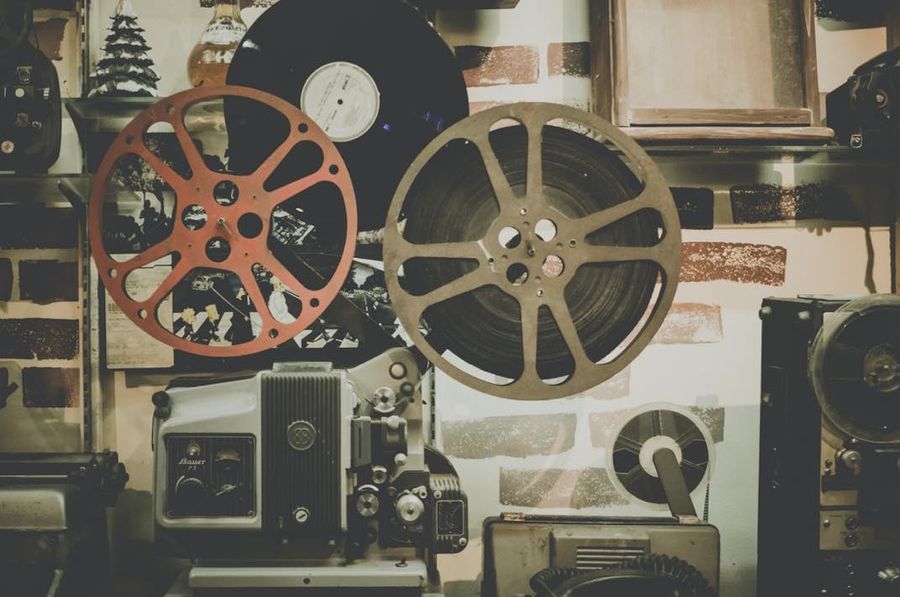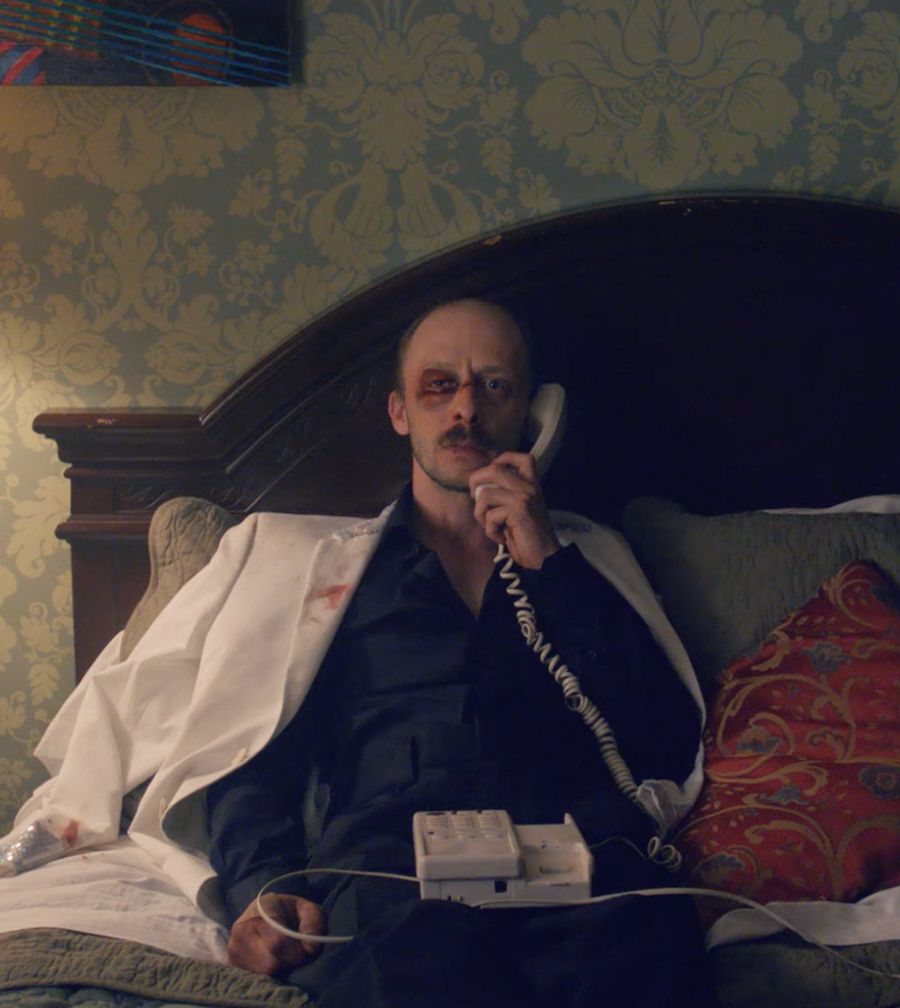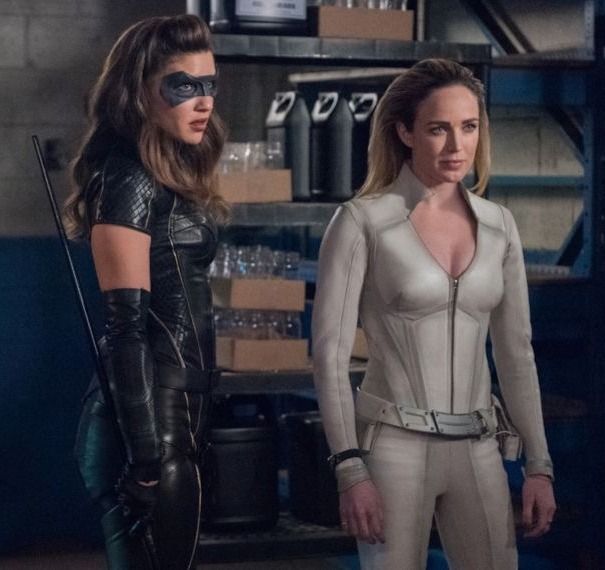You don’t have to be screening a film at a festival to tap into the connections and access they offer. The wild world of networking as a filmmaker is truly an enigma (and, if you’re an introvert or Terrence Malick, a panic attack). No matter how hard we try to box it up, there isn’t one right or wrong way to network. It’s all about being in the right place at the right time and setting yourself up for success once you get there. But the tricky part is knowing just where the hell are those places that you should be. One of those places? A film festival. They do cost a small fortune to attend, and they aren’t always convenient, but they’re a worthy investment if you’re trying to get on the industry’s radar
Here, Lucy Mukerjee, a senior programmer at the Tribeca Film Festival and the former director of programming at Outfest LA, provides some tips and tricks to navigating networking at a film festival.
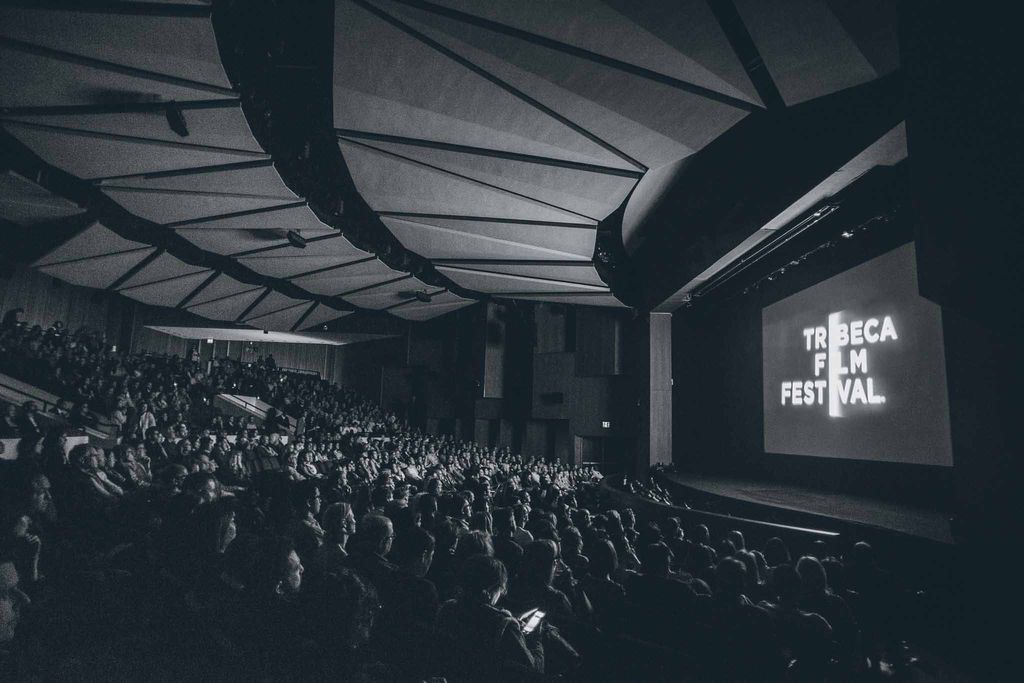
Have a networking goal when attending a festival.
Lucy Mukerjee: Your goal will be unique to your specific situation. Whether you’re writing a script, looking for financing or distribution advice, it’s likely you’ll find someone who has the ability to help you at a film festival. It's on you to motivate the people that you meet to want to offer their relationships and resources to you. How? Talk about your project concisely and passionately, and those who listen will respond with suggestions. We tend to light up when we talk about things we care about. Believe it or not, people like to help each other. From film recommendations to introductions, you'll be surprised by the ideas and opportunities that come your way. Talk to everyone, from the people who are standing in line with you, to the person sitting next to you at a screening, to the volunteer tearing your ticket or handing you a drink. Film festivals attract film lovers, so you can consider yourself in a safe space
Connect with other filmmakers.
Rather than thinking of the other filmmakers at the festival as your competition, try to shift your perspective to consider them as potential collaborators. Filmmaking can be lonely, so it’s a good idea to build a support system that includes people with the same aspirations who will understand your experience
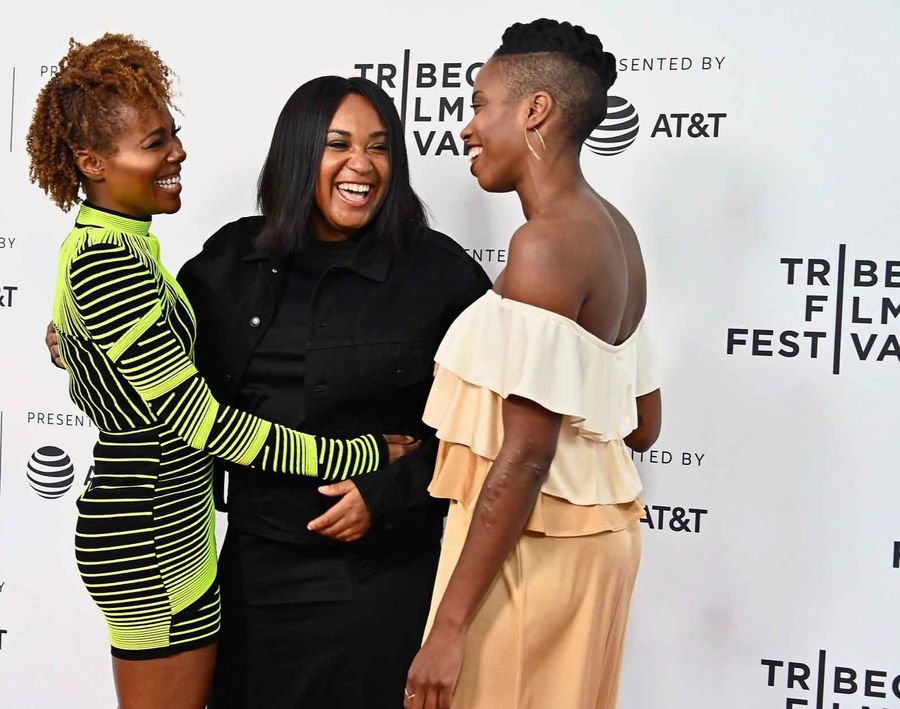
If the festival has workshops, GO!
If you have the time, check out a cross-section of different types of events within the festival. (Only attending your own screening is a wasted festival experience.) Take in a variety of films across genres and styles, and pay attention to what resonates with you and with the audience. Workshops and panels are an invaluable opportunity to be in a room exclusively populated by people who have the same interests and goals as you and can share their candid experiences. When I attended the NALIP Media Summit, the keynote speaker told audience members to swap business cards with those sitting on either side of them, and suggested that rather than swarming the stage after a panel to get two seconds with an industry expert, you may have a more meaningful interaction with one of your peers. So don’t fixate on those individuals with a microphone in their hand, but instead pay attention to who else is in the room as well. I’ve witnessed many writers, directors, producers and actors meet at a festival event and come back the following year with a film they made together.
Talk to as many people as you can.
Most festivals can provide you with a list of industry executives who are confirmed to attend, so if you get hold of that list, identify one or two people to reach out to in advance. A successful festival experience could be defined by having one meaningful conversation with someone new each day.
If you get the chance, also make a point to talk to someone who works at the festival. Many festival staffers have seasonal roles at multiple festivals. If you had a nice moment with someone on the team and treated them kindly, they will remember you well when you meet again.
I’ve encountered festival goers who have a tactic of closing a conversation by asking for a photo together, and then attaching that photo when they later send their follow up email. It’s an effective way of making sure you remember each other. I have a friend who keeps a spreadsheet of business contacts, and updates it every time she attends a networking event, with the details of where and when they met and what they discussed along with a calendar reminder to reconnect later. I’m so impressed by that level of organization. Figure out a system that works for you. Usually I take someone’s card and make some notes on the back to remind me of what we talked about. Tagging the people you meet in an Instagram story is probably the easiest way to stay connected. Remember that industry executives want to work with people they enjoy, so if they have fun interacting with you, they’ll be more than happy to continue the conversation later.
Have branding materials to bring with you.
I am a big fan of filmmakers printing postcards for their films. Nothing bigger than pocket-size, with a bright, eye-catching image, along with the name of the film and the website, plus a short logline to entice people to want to see the film. Make sure the design captures the essence of your film in an artistic way. Sharing this postcard with the people that you meet is a great way of getting them to remember you, and is much more interesting than a business card. If you have screenings of your film coming up, make stickers with the date, time and venue – that way you only have to print the postcards once, and then just slap on the sticker with the specific details of each screening.
There is no right or wrong question to ask when networking.
There is not a standard set of networking questions that you should be asking everyone you meet. Your conversation should spring organically from what you want to achieve and how that individual is personally positioned to connect to those things. Whether they are industry professionals or “civilians”, your interaction will resonate if you speak passionately and leave space for them to react. Read their body language and don’t monopolize their time – if you sense that they need to move on, tell them it was a pleasure meeting them and exchange contact info. Don’t talk at people! It should be a conversation not a soliloquy.
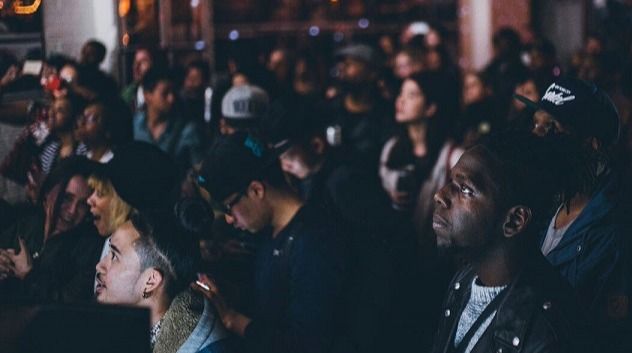
Remember that each festival provides a unique experience.
Every festival attracts its own unique audience, but that’s particularly true when it comes to identity-based festivals. These fests intentionally create an environment where all those in attendance have something in common – eg. their race, cultural heritage, gender, or sexuality. My first Outfest screening back in 2006 was really memorable because it was the first time after moving to the US that I was in an all-queer space. It struck me that even though I was in a theater full of strangers, we were all alike. That feeling of mutual connection can allow you to experience a film differently. In 2017, I was on the jury of the LA Asian Pacific Film Festival and decided to go see a documentary I’d already watched when it premiered at Sundance six months earlier, Matangi/Maya/M.I.A. Seeing it with an Asian Pacific Island crowd was so much more meaningful because the film resonated in a really personal way with everyone present and that created a tangible sense of collective power in the room. So, however you identify, and whether you are networking or watching movies, doing it in a space that is specific to your identity is something that everyone should experience at least once. For attendees of the top tier festivals, the motivation is more about being the first audience to see films before they are officially released – and for cinephiles, that’s its own reward.
"What was once an idea, and then existed only on paper in script form, is now immortalized onscreen and it can be a surprise to realize that viewers are interpreting your work in ways you didn’t anticipate."
Don’t forget: film festivals are worth the cash.
You make a film for an audience to see it, and festivals provide a way to make that happen, connecting your work with the community. For those of you weighing the pros and cons of attending a festival, I don’t see any cons.
Hearing the audible reactions from the crowd during the screening; participating in the post-screening conversation; seeing the emotional impact of the film on the viewers. What was once an idea, and then existed only on paper in script form, is now immortalized onscreen and it can be a surprise to realize that viewers are interpreting your work in ways you didn’t anticipate. Listening to people relate to your work will give you a new language to talk about your film. As a programmer, I’ve seen that unfold in front of me and it’s exciting to witness. All too often the festival premiere of a film will determine the distributor’s release strategy and who the film will be marketed to. It’s a powerful moment that affects a film’s trajectory.

